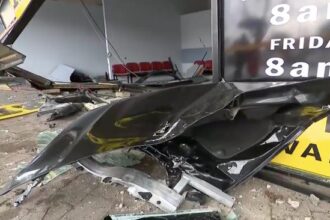Controversial Camp Proposal Sparks International Outrage
Israel’s Defence Minister Israel Katz has proposed relocating up to 600,000 Palestinians into a sealed ‘humanitarian city’ on Rafah’s ruins. Entry would require strict security checks, and residents would be barred from leaving. Eventually, the camp would house all 2.1 million Gaza residents, built during a proposed 60-day ceasefire.
This plan has caused urgent uproar because forced displacement in occupied territories breaches international humanitarian law. Experts argue that on this scale, it would amount to war crimes and crimes against humanity under the Rome Statute.
International Law Warns of Forced Transfer and Ethnic Cleansing
Global bodies—from the UN Security Council and General Assembly to the ICRC—have condemned mass civilian transfers. Although camps may be justified under narrow conditions, those exceptions expire once danger subsides.
Katz defends the plan as protective, yet international law is clear: permanent displacement—especially aimed at altering demographics—is strictly prohibited. Ethnic cleansing and forced exile are incompatible with legal and moral norms.

Aid Workers Face Ethical and Legal Crossroads
Katz suggests aid agencies would oversee services inside the camp. But Israel has previously blocked humanitarian flows, challenging international court orders. This proposal forces aid groups into a dilemma: cooperate with illegal containment or abstain and risk leaving civilians in a dire situation.

Rafah Camp Could Precede Permanent Displacement
The “humanitarian city” could serve as a stepping stone to enforced exile. Katz reportedly confirmed intentions to finalize an “emigration plan,” pushing Gazans to leave.
Historian Amos Goldberg warns: “…a transit camp for Palestinians before they expel them. It is neither humanitarian nor a city.” With Gaza already devastated—90% of homes damaged and essential systems collapsed—“voluntary emigration” in such conditions is far from genuine consent.






